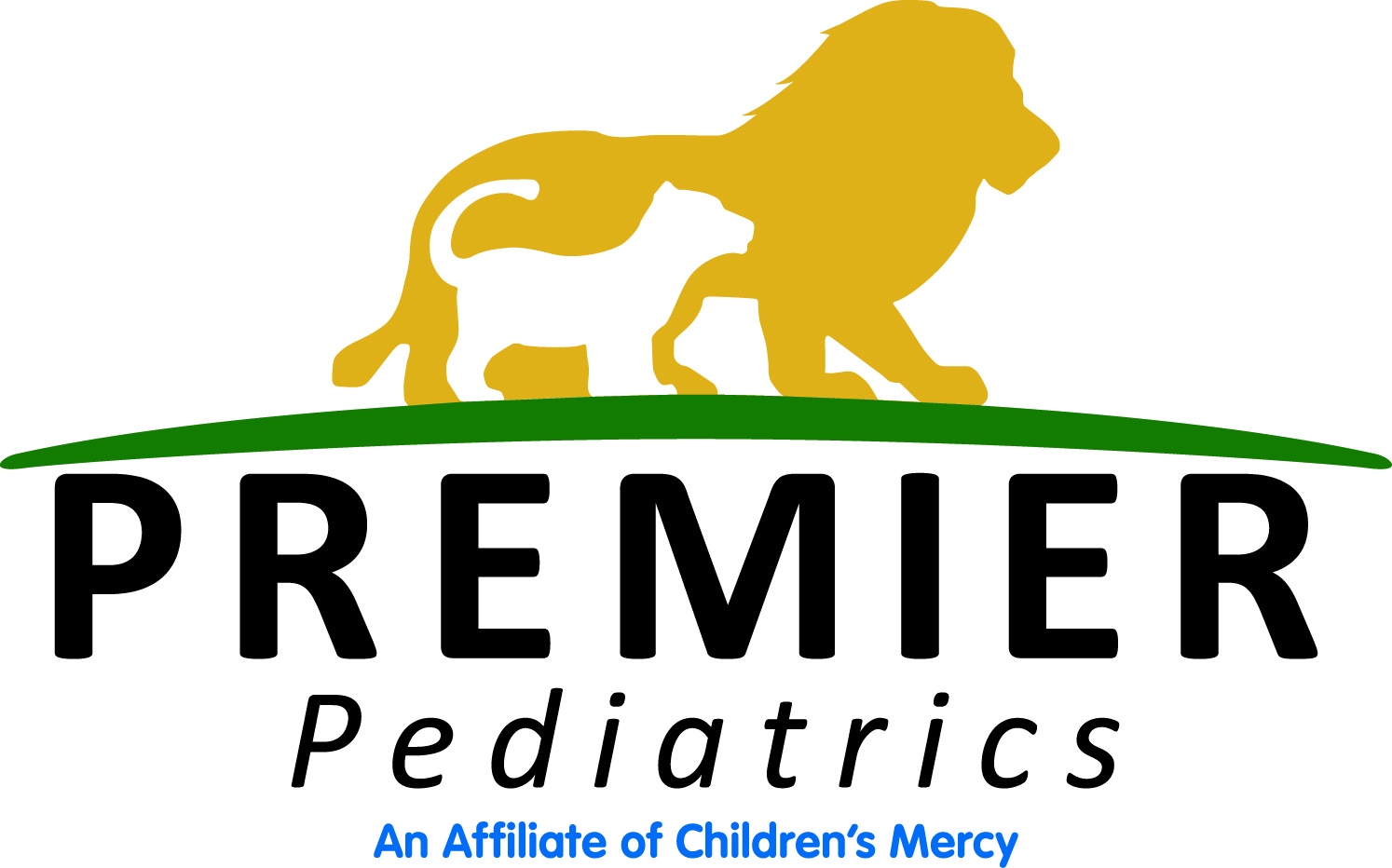Premier Pediatrics provides primary care to infants, children, adolescents, and young adults up to age 21 years. It is our goal to provide quality, comprehensive, patient-centered medical care not only to those with typical development, but also to those with special needs who require complex care. We are a small office in the heart of Overland Park comprised of three physicians: Dr. Deborah Winburn-Antovoni, Dr. Todd Bush and Dr. Sarah Jensen. We have two great nurse practitioners, Carlos Morales and Stacey Shoman. Find out more about us on the link titled “Our Providers”.
What We Believe
We strive to establish a personal relationship with each of our families in order to facilitate the formation of a unique and trusted partnership. Through this partnership, we hope to achieve growth: growth of our patients, growth of parent education, growth of positive parenting skills, and on-going growth of our knowledge of science and the art of practicing medicine. We invite you to….Grow with us!
What is a Nurse Practitioner? What is a Physician Assistant?
(reference: www.KidsHealth.org)
A nurse practitioner is a registered nurse (RN) who has additional education and training in a specialty area such as family practice or pediatrics. Pediatric and family practice NPs can provide regular health care for kids.
Nurse practitioners (also referred to as advanced practice nurses, or APNs) have a master’s degree in nursing (MS or MSN) and board certification in their specialty. For example, a pediatric NP has advanced education, skills, and training in caring for infants, children, and teens.
Licensed as nurse practitioners and registered nurses, NPs follow the rules and regulations of the Nurse Practice Act of the state where they work. If accredited through the national board exam, the NP will have an additional credential such as Certified Pediatric Nurse Practitioner (CPNP) or Certified Family Nurse Practitioner (CFNP).
Physician assistant (PA): A Physician Assistant is a nationally certified and state-licensed medical professional who works as part of a medical team. A physician assistant, under the supervision of a trained doctor, examines patients, diagnoses and treats illnesses, orders tests and interprets results, provides preventative health care and counseling, assists in surgery, performs procedures, and prescribes medications. Most PAs have a college degree and have completed a 2- to 3-year training program.
- document health history and perform a physical exam
- plan a child’s care with parents and the child’s health care team
- perform some tests and procedures
- answer questions about health problems
- treat common childhood illnesses
- change the plan of care with a child’s doctor as needed
- teach families about the effects of illness on a child’s growth and development
- teach kids about self-care and healthy lifestyle choices
- write prescriptions
- order medical tests
- teach other health care members and local groups about child health care
- provide referrals to community groups
NPs/PA’s and Doctors
Most NPs and PA’s maintain close working relationships with doctors and consult them as needed. NPs and PA’s are licensed in all 50 states, and can dispense most medications. Some states require a doctor to co-sign prescriptions. In a few states, NPs and PA’s can practice and prescribe without physician supervision.
Although doctors have additional training to help patients deal with complex medical problems, many people think NPs and PA’s may spend more time with their patients. Experts who study NPs and PA’s report that their training emphasizes disease prevention, reduction of health risks, and thorough patient education.
Like doctors, NPs and PA’s are involved in more than just direct patient care. Many participate in education, research, and legislative activities to improve the quality of health care in the United States.
Should My Child See a Nurse Practitioner/Physician’s Assistant?
Pediatric NPs and PA’s are capable of delivering much of the health care that kids require, consulting doctors and specialists when necessary. Educating the child and the family about the normal growth and development issues that arise in childhood (i.e., toilet training, temper tantrums, and biting) is a large part of the pediatric NP/PA’s role. They also take the time to talk to families about issues that might be considered routine, but that can make the difference between a pleasant office visit and one that’s stressful.
Pediatric and family practice NPs/PAs can treat acute (or short-term) illnesses such as upper respiratory infections, ear infections, rashes, and urinary tract infections. They can also assist with management of chronic illnesses such as asthma, allergies, diabetes, and many others that affect children.
If your child has severe health problems that require advanced training or highly specialized medical care, you may need to seek the care of a doctor. If you’re unsure about your child’s specific illness and want to know if an NP/PA can help, ask your doctor. The scope of an NP/PA’s practice depends upon your state’s regulations.
